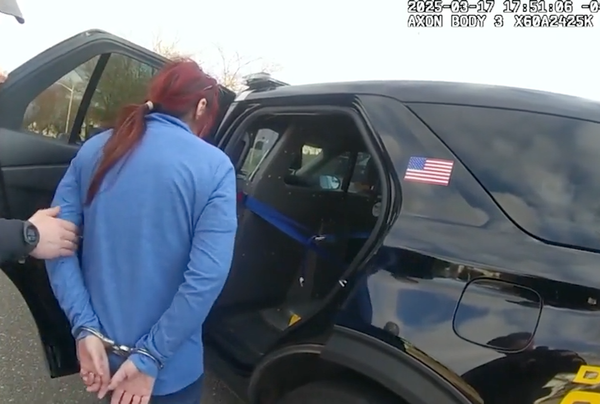
More than 50 charities and housing bodies have called on Rishi Sunak, Sir Keir Starmer and Sir Ed Davey to make ending homelessness a major priority in the next government and commit to building 90,000 social homes per year.
With rough sleeping up by 27 per cent in the year up to autumn 2023, charities are calling for the major parties to commit to building tens of thousands of social homes per year over the next decade. They are also calling for politicians to ensure that housing benefits keep on track with rising rents in private sector.
The letter, which is signed by housing charities Shelter and Crisis among 53 others, also urges the next government to work across party lines to make ending homelessness a priority. They’ve also called for funding for services to be protected long-term.
Former Labour leader Jeremy Corbyn told The Independent that it was “a disgrace that homelessness is not a priority in either of the party’s manifestos”, asking: “How can it be right that a quarter of a million people are homeless in the sixth richest country in the world?”
More than 100,000 households - two-thirds of which are families with children - are living in temporary accommodation, government figures from earlier this year show. In 2023, English councils supported 317,430 housesholds to prevent or relieve homelessness - a record high.
Last year, 3,898 people were also recorded as sleeping on the streets - an increase of almost a third on 2022’s figures.
Helene Begg, CEO at YMCA Brighton, which provides supported accommodation, said that people are presenting with more complex issues as a result of a lack of funding of statutory services, including mental health and emergency services.
She added: “We are also seeing a growing expectation on people to access private rented accommodation. Due to a shortage of social housing, people are left without suitable accommodation or support when they leave - resulting in a cliff edge. We’re talking about people who are unable to work because of issues with physical health, mental health, and trauma.
“They are really struggling to find private rented accommodation and, since tenancies are not secure, people often end up back in emergency accommodation when their contract ends. This is a disaster, both humanly and because it costs the country a lot of money,” she said.
All of the residents that they support are reliant on food banks, as they cannot fund their basic needs on the benefits they receive, she added.
Rick Henderson, CEO of Homeless Link, the membership body for frontline homelessness services in England, said that the Labour, Tory and LibDem manifestos “all lack the clear vision that many in the homelessness sector were hoping to see”. But he backed the Labour and LibDem commitment to set-up a cross-government homelessness strategy.
Read Labour and the Conservatives’s plan to tackle the housing crisis in full
Pam Orchard, CEO at The Connection at St Martin’s, a homeless charity based in Westminster, said that rough sleeping was reaching similar levels to the peak before the pandemic.
“This year there is quite a marked increase in rough sleeping and it is beginning to return to the levels it was at just prior to the pandemic when it was at its worst. On any one night in Westminster pre-pandemic there were around 370/380 people recorded in a night sleeping rough. At the moment we’re at around 320 or so, and it’s been going up.
“This is partly because we’re seeing new people and also because people who were housed during the pandemic are coming back onto the street.”
Support services, like mental health treatments and addiction help, are struggling with demand and there is also not enough temporary accommodation available to help people off the streets, she added.
The people who seek help in Westminster have often suffered profound abuse throughout their childhood and are struggling to deal with this trauma, Ms Orchard added - making well-funded comprehensives support services all the more vital.
Mr Corbyn, who is contesting the seat of Islington North as an independent, added: “We should listen to the experience of frontline workers who dedicate their lives helping others in need, and finally treat the housing emergency with the urgency it deserves. Everyone deserves a decent, warm, safe and comfortable place to live - is that really such a radical idea?”
Liberal Democrat housing spokesperson Helen Morgan said: “It is a national scandal that so many people are sleeping on the streets in 21st century Britain. We would end rough sleeping within the next parliament, ban no fault evictions and immediately scrap the archaic Vagrancy Act.
“We are also committed to increasing social housing stock, building 150,000 new social homes a year.”
The Labour party and Conservative party did not respond to requests for comment.







